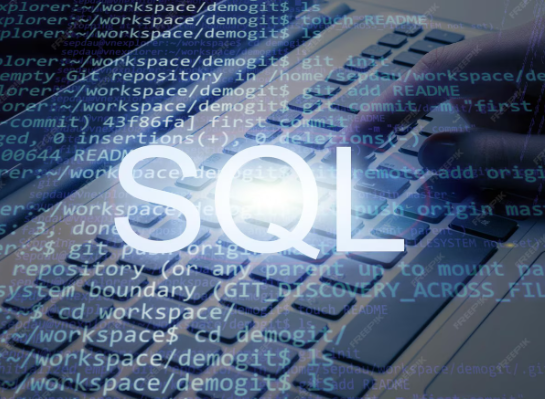
SQL Gains New Momentum with AI-Powered Database Optimization
Structured Query Language (SQL), the decades-old standard for managing relational databases, is experiencing a fresh wave of adoption thanks to the integration of Artificial Intelligence (AI) and cloud-driven innovations.
Major database providers including Microsoft SQL Server, Oracle, and PostgreSQL are embedding AI-assisted query optimizers to handle massive datasets with greater efficiency. Analysts suggest this could cut down query execution time by up to 40% in enterprise environments, offering significant performance boosts for organizations dependent on real-time analytics.
Industry experts also highlight the role of generative AI in database management, where SQL queries are now being generated automatically using natural language prompts. Platforms like ChatGPT and GitHub Copilot are making it easier for developers and non-technical professionals to interact with databases without deep SQL expertise.
“With AI-powered SQL, the barrier to entry for data-driven decision making is collapsing,” says Anil Kapoor, a Hyderabad-based cloud data engineer. “Business executives can now pull complex reports using plain English, while backend systems convert them into optimized SQL queries.”
On the enterprise side, cloud-based SQL services such as Amazon RDS, Azure SQL Database, and Google Cloud Spanner are driving rapid adoption in markets like India, Southeast Asia, and Europe, where digital transformation and compliance requirements are accelerating migration to managed services.
However, challenges remain. Analysts caution that AI-generated queries may introduce security vulnerabilities if not properly reviewed. SQL injection, one of the oldest cyber threats, still poses a risk to organizations that fail to implement robust validation practices.
Despite these concerns, the future of SQL looks stronger than ever. With AI integration, automated scaling, and cross-cloud compatibility, SQL continues to evolve from a developer’s tool into a universal language of data, empowering industries across finance, healthcare, and e-commerce.


